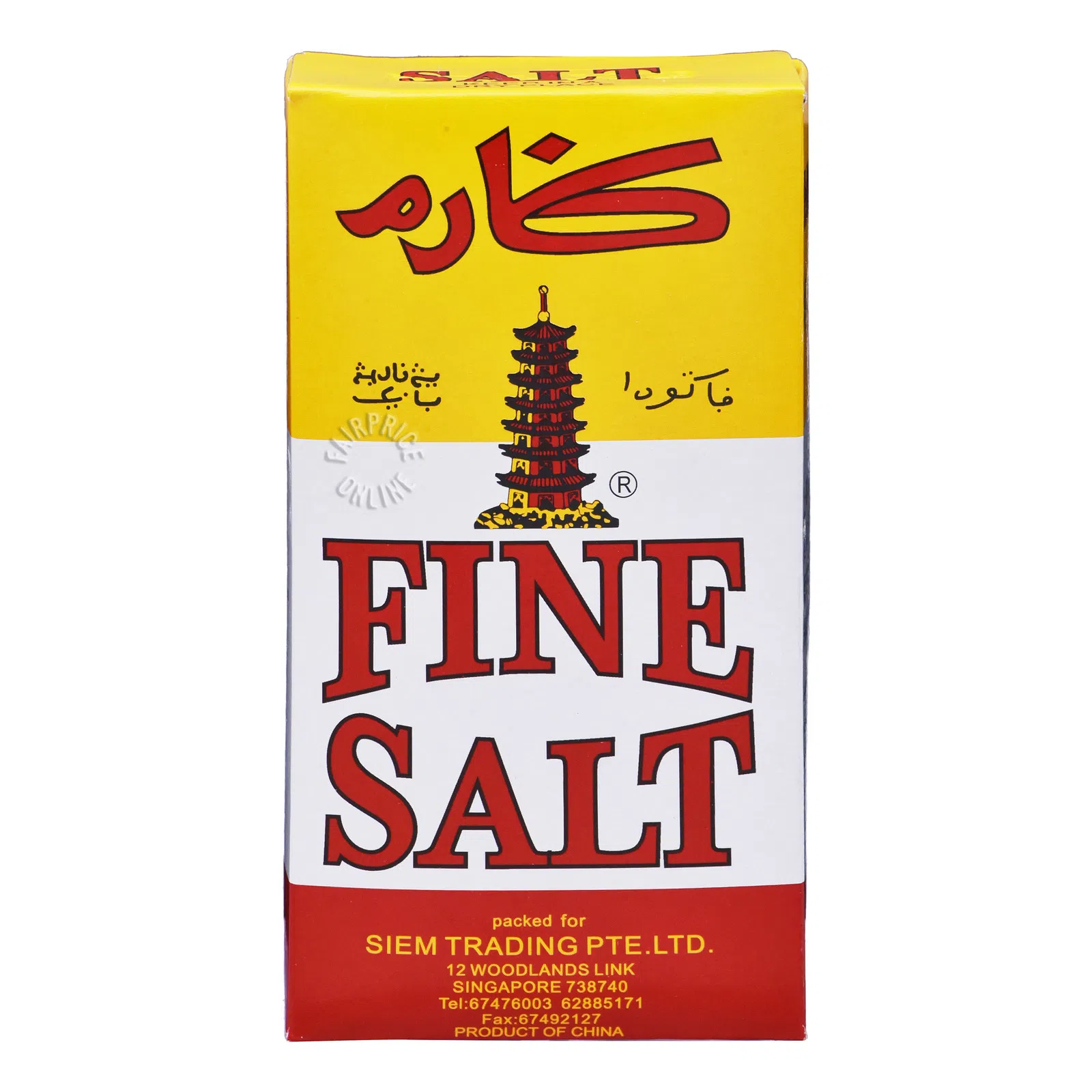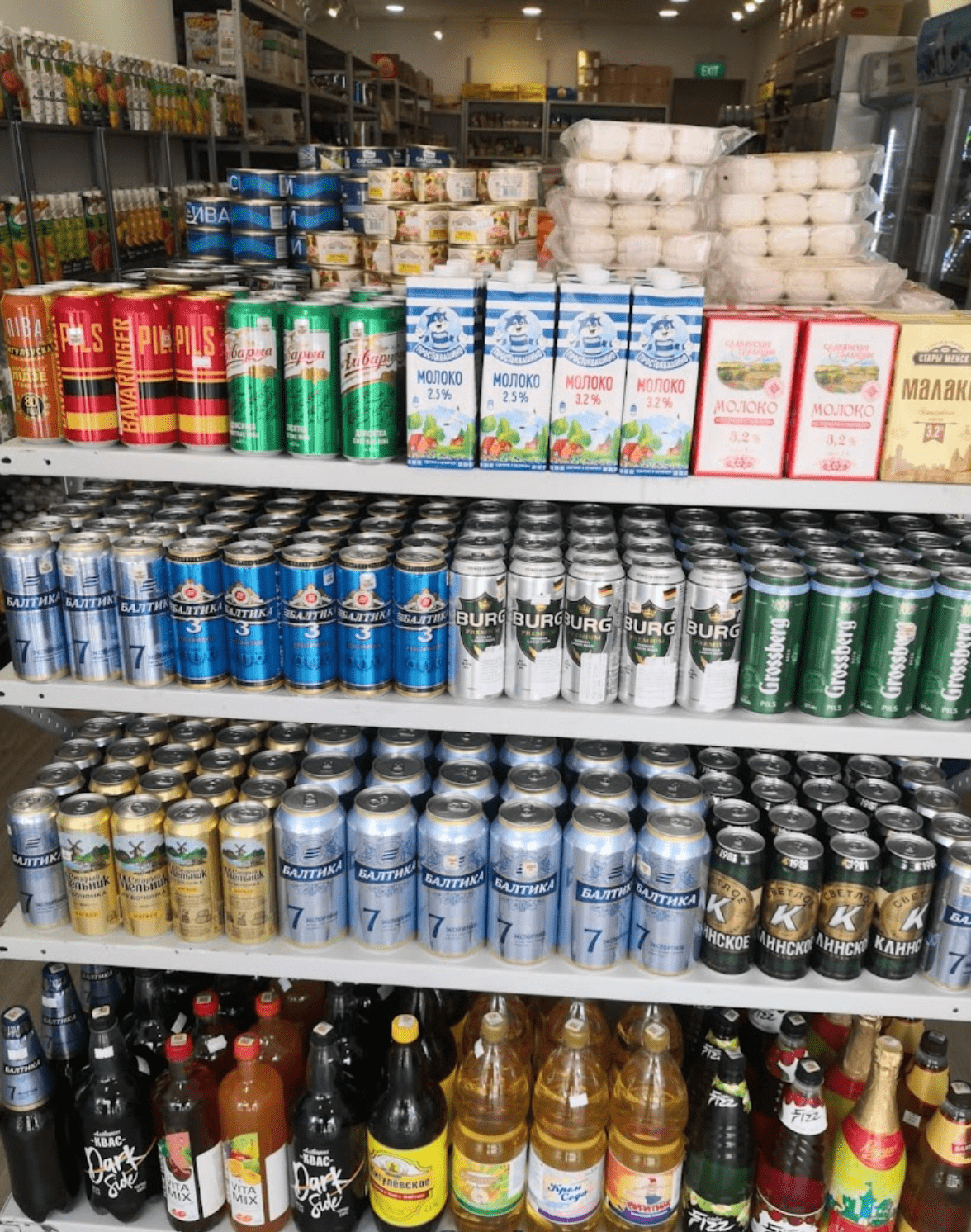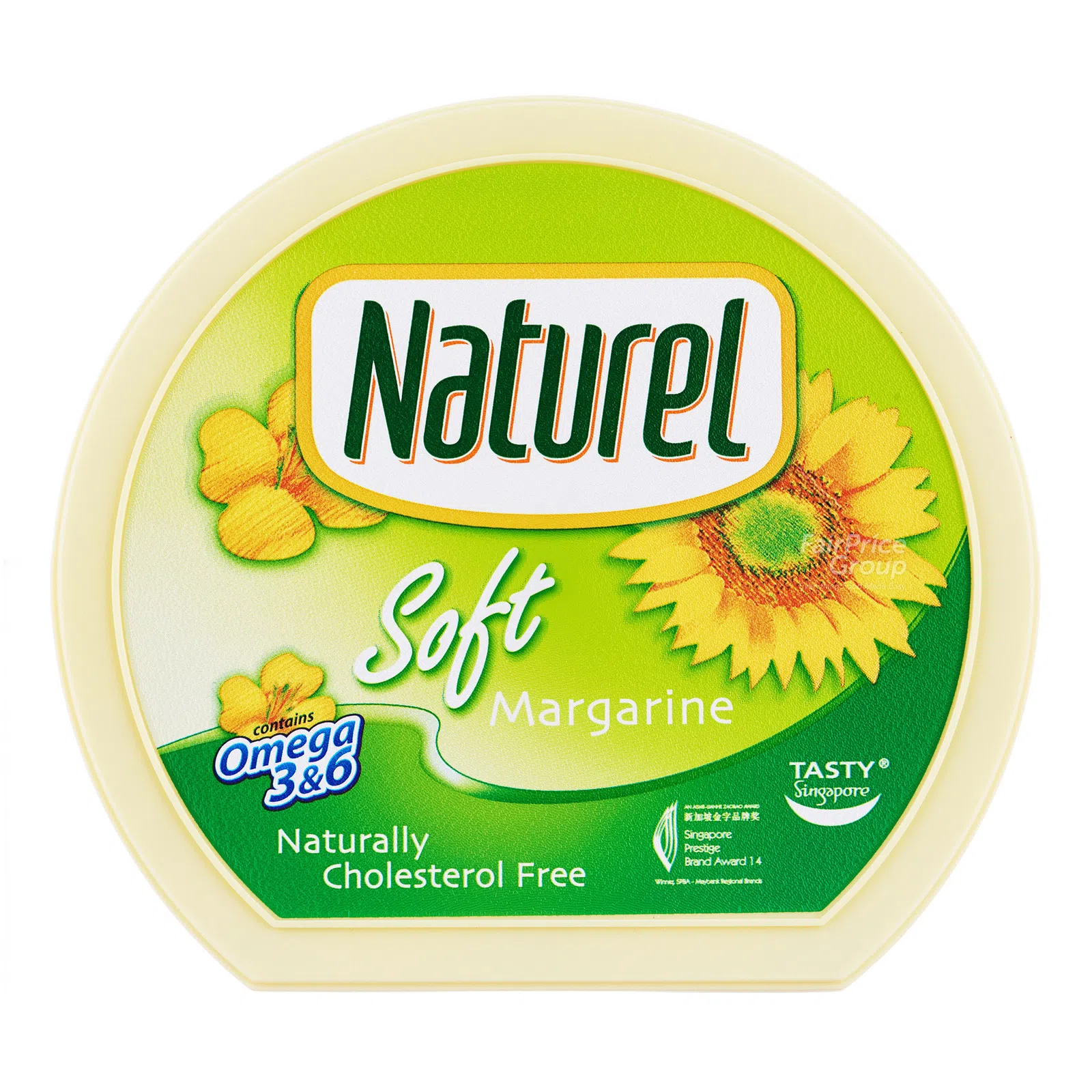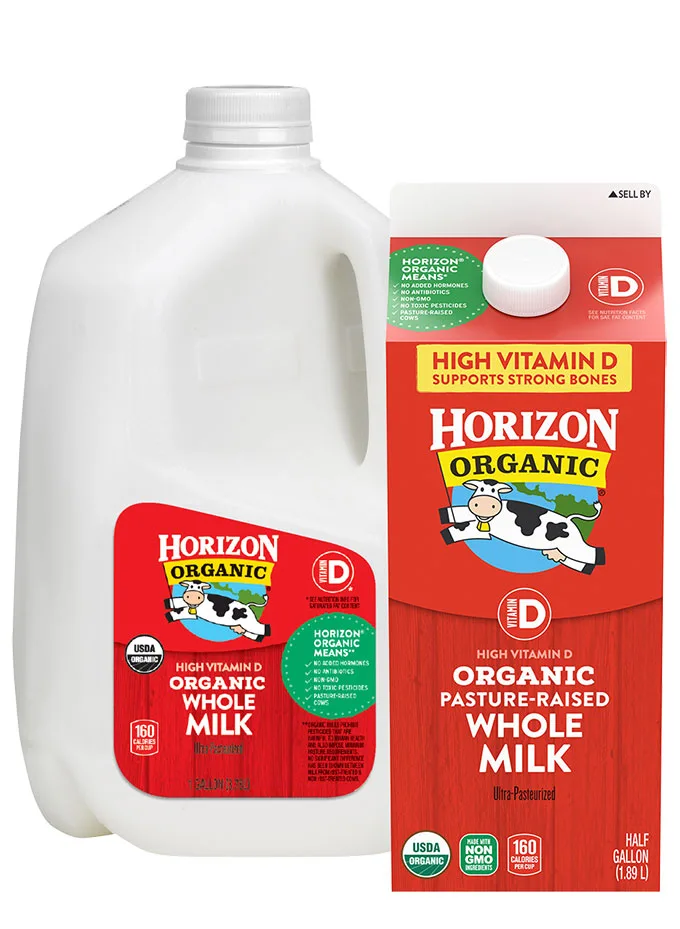Last Updated on 2022-10-15 , 11:34 am
We’ve all had that one relative who’s simply full of sheer bullshit old wives’ tales:
“Stay away from eggs unless you want to die of a heart attack like your dad.”
“Eat more salt. Go on. And there I thought you’re salty enough already. Go on, eat more salt and become the leading candidate in the ‘highest blood pressure’ race.”
“Drink that cup of coffee if you want to get the medical namesake of your horoscope.”
“If you consume any more peanut butter you’re going to look like a Skippy’s jar this time next year.”
Yeah, that one relative. But I’m sure yours isn’t anywhere as vile as my Aunt Matilda.
7 Foods That You Think Are Unhealthy But Are Actually Good For You
And yet, the fact remains that other than bamboozling all the young minds in school, Science has done a lot of things for humanity. And one of these benefits, lest you haven’t caught on, is debunking old wives’ tales…

Like foods that are actually good for you, despite having accumulated a rather bad rep in previous times.
And really, what better food to get rid of all your old misconceptions, than the number one item on my Aunt Matilda’s To-Hate list…
1. Eggs

Sure, eggs might be loaded with fat, and their cholesterol levels are admittedly high. But even so, current research has shown that an egg is actually a powerhouse of nutrition. And I’m not just talking about good ol’ protein either; according to foodnetwork.ca, eggs are also loaded with nutrients including riboflavin, folate and vitamins D and B12 which are actually capable of lowering the risk of heart disease.
But to elevate eggs to god status would be sheer folly because those round balls of yellow do pack a punch in terms of cholesterol levels. So to balance things out, you might want to keep your intake of egg yolks to a maximum of two/three a day.
Egg whites, on the other hand, are totally free game.
2. Salt

We’ve all heard it. “Salt’s bad for you.” “Haven’t you heard of how salt’s bad for your heart?” “Maybe you’re such a thirsty bitch because you’re eating too much salt.” And doctors haven’t exactly helped in this regard either, with their continuous warnings for us to hold back on salt or risk high blood pressure, stroke, and coronary heart disease.
Yeah, we’ve heard it all.
And yet, sodium really isn’t as bad as people preach. In fact…
It might even be a vital ingredient in the game of life.
According to research, sodium’s necessary for the prevention of dehydration, as it permits the transmission of nerve impulses and the functioning upkeep of our cells. In fact, it may even be responsible for the reduction of stress, and could potentially even guard against depression.
Desserts to treat that stress? How about some salt-laced desserts instead to pump up the kick? Just kidding.
And so, eat salt if you need to because, in the end, it’s not so much of a health risk factor…
But a daily essential in the same vein as water and your big three macronutrients.
Though of course, there’s still a limit to be met so be moderate about it.
3. Alcohol

Do not rejoice just yet, alcoholics of the past and present. While alcohol might not be as unhealthy as they say, drinking too much does carry its health risks so please;
Be pertinent about it.
Yet, even so, a point has to be made against those who earmark the consumption of booze to be utterly incorrigible and useless. Because despite all of its flaws, moderate drinking has been shown to present health benefits.
Yes, actual health benefits.
According to foodnetwork.ca, a study has found that people who had at least one drink per week were less likely to have impaired cognitive function later in life than those who avoid it altogether (teetotallers). Also, red wine’s reportedly loaded with resveratrol, an antioxidant that has been linked to spiking levels of good HDL cholesterol.
And there you have it, folks. There’s no actual need to cut out alcohol together. Just be sensible about it…
And you should be just fine.
4. Chocolate

Chocolate. So tasty. So irresistible. So…
“Fattening,” my Aunt Matilda would say. “You eat one more slice of that chocolate cake and you’re going to study algebra in a pigsty. You understand me?”
Yeah, you get my point.
But science has researched. And researched. And researched. And it has lent a new lease of life to all the choco lovers out there:
Chocolate isn’t as bad as they say, really.
Dark chocolate, for example, contains a wealth of health benefits. And to add icing to the cake, research has shown that those who consume a lot of chocolate actually possess lower body-mass indexes than those who don’t.
5. Coffee

As the majority of office workers would surely attest to, coffee’s a miracle worker.
“Without coffee, I could die!” said one Anthony.
“It’s great. It’s energising. It’s coffeeeeeeeeeee,” said one Nalson Mandelo.
But alas, coffee wasn’t perceived to be the healthiest option out there. As such, you would get colleagues like my Aunt Matilda, who makes it a point to shame all the coffee drinkers out there.
“Coffee addicts,” she would whisper under her breath. “What’s so different about you and drug users, with all the health woes that come about because of your coffee addiction.”
Suffice it to say; she wasn’t gonna win the most popular office person the year anytime soon.
But the tables have been turned. Her colleagues have been flipping tables in the office in preparation for this day:
Coffee isn’t actually as bad as we previously thought.
According to foodnetwork.ca, researchers have discovered that the consumption of coffee doesn’t actually increase the risk of cancer and cardiovascular disease and that a study has linked coffee drinking to lower rates of type-two diabetes, a reduced risk for certain cancers, improved memory, mood, and energy levels.
In fact, in the U.S. federal government’s January 2016 updated dietary guidelines, the consumption of three to five cups of coffee per day is now perceived as harmless.
6. Margarine

All my margarine lovers, where y’all at? For the longest time you’ve waged war against the butter lovers, but we might’ve finally reached a consensus.
According to reports, Harvard researchers have conducted a 30-year long study, in which they’ve collected results that seemed to indicate one glaring fact:
Margarine is actually better for you than butter.
This is because of unsaturated fats (margarine), as compared to saturated fat (butter), allegedly has the “most impact on reducing the risk of heart disease.”
7. Whole Milk

And last but not least, we’ve perhaps the most maligned food of the century:
Whole milk.
For ages, we’ve been led to believe that whole milk’s too fatty.
“Skim milk or even 2% is healthier,” my Aunt Matilda would rant at the dinner table. “And if you rebuke me you’re a Nazi.”
But that misconception shall stand no more. No more. Because according to a 2015 study, those who eat full-fat dairy are no more likely to develop cardiovascular disease and type-two diabetes than those who only take low-fat dairy.
In fact, the study uncovered absolutely no evidence that low-fat diary’s any better for you, with results indicating that test subjects who frequently consume butter, whole milk and cream actually possessed lower obesity rates than those who skipped dairy fat altogether.
But of course, moderation’s still the key. As can be applied to everything else on this list, and any food in general.
As long as you’re sensibly moderate about your intake, things should go just fine.




